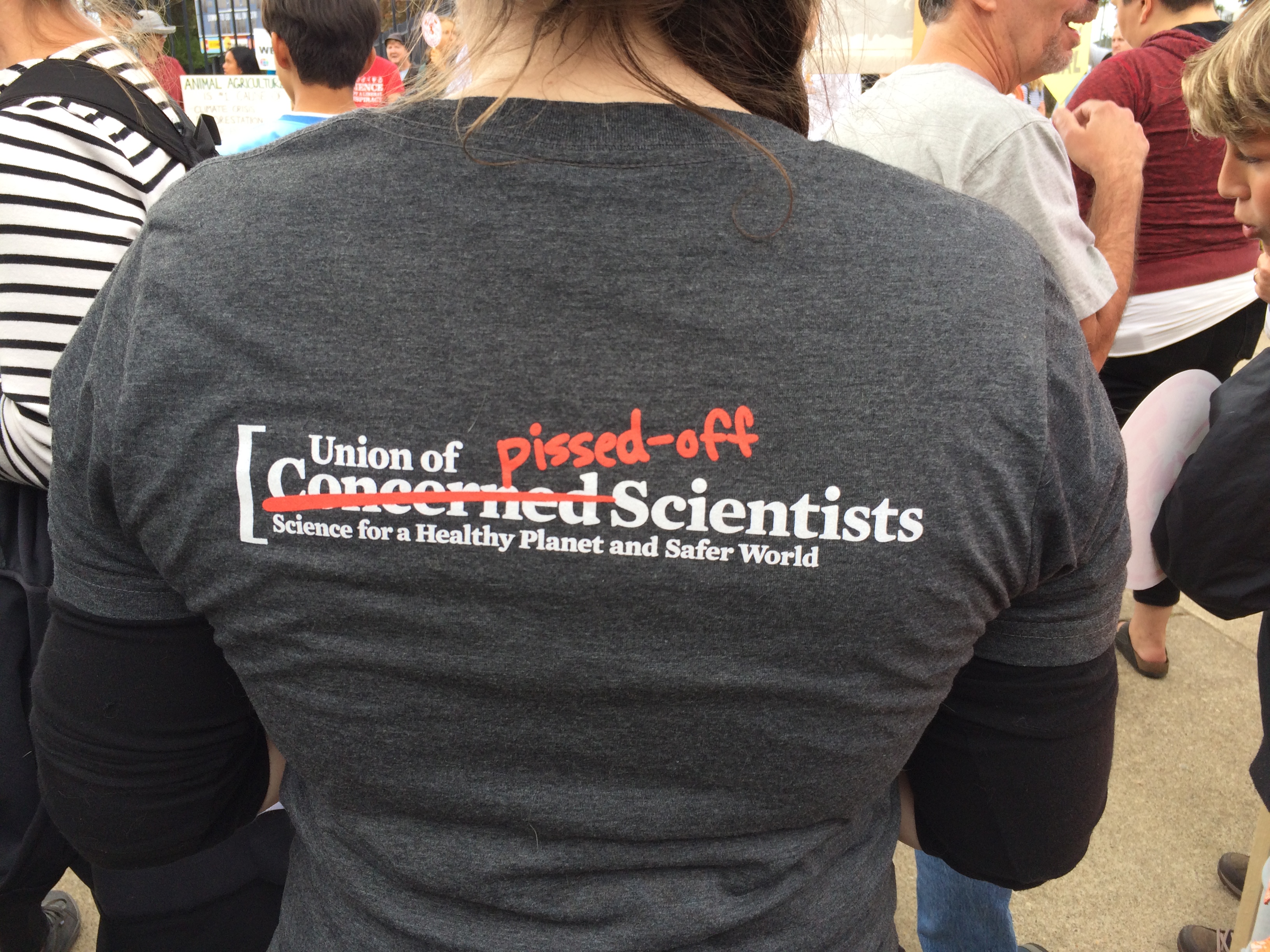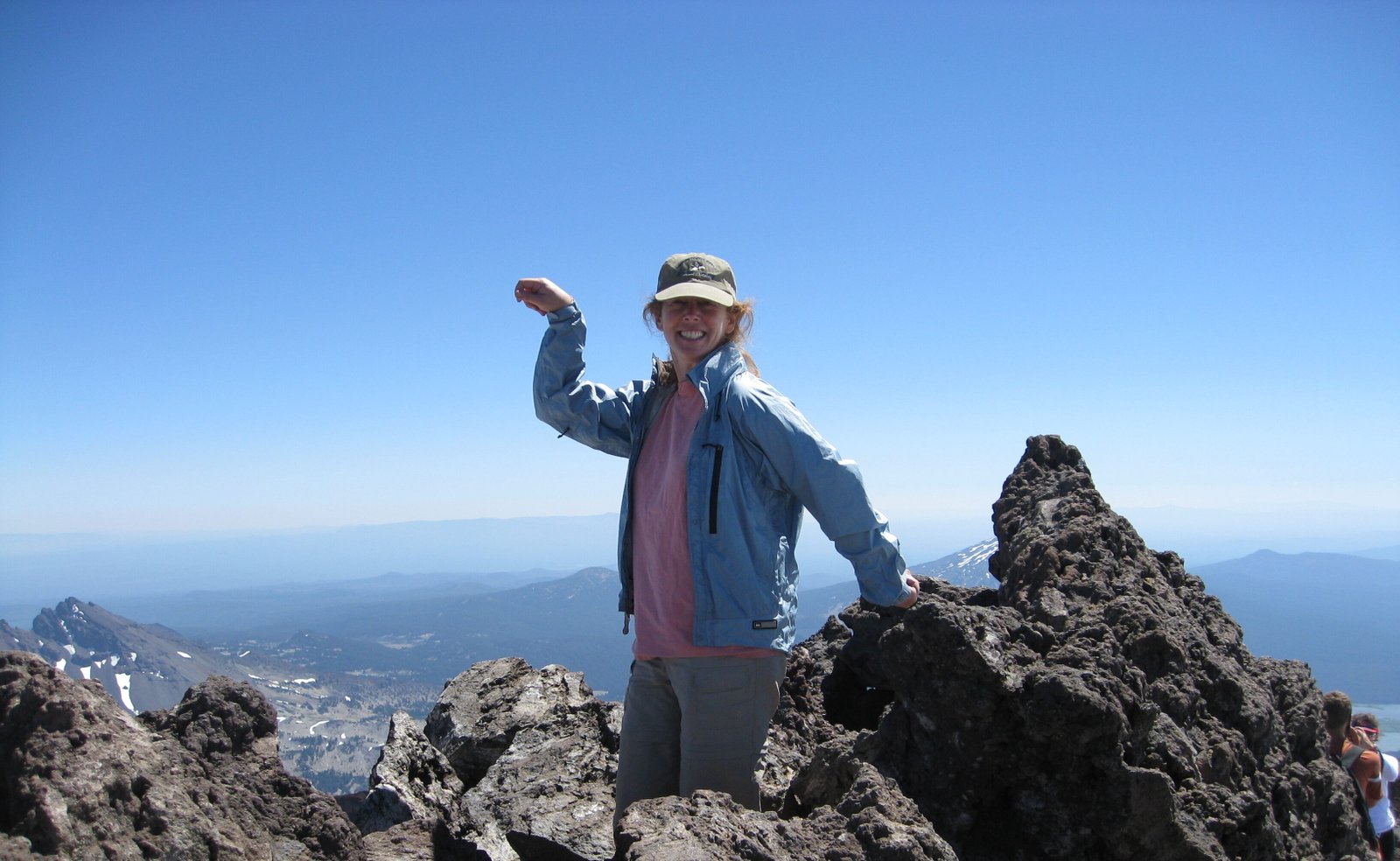
The magic of talking
I’m going to suggest you do something that it took me years to do myself: talk about the climate crisis. If it’s something you care about, if it’s on your mind, if you are taking action, if you are worried about the future or excited about some new climate initiative, bring it up. Dr. Katherine Hayhoe, one of the world’s top climate scientists, says talking about it is the most important thing you can do to fight climate change, and I agree. But it can be hard to get started, so I’m going to lay out her argument here to inspire you, and suggest that you might be surprised how people respond (in a good way).
The first time I spoke up to a stranger about my climate work, I remember exactly where I was, and that I’d been doing climate advocacy for many years by then. I’m conflict avoidant, and I think I was afraid of eliciting a negative reaction. And I’m not alone: according to the most recent polling data from the Yale Climate Communication program, global warming is important to 71% of Americans, yet 61% say they rarely or never talk about it!
It’s vital that we speak up. In her new book Saving Us, Dr. Hayhoe asks, “What do we talk about? Things we care about…(our speech) displays what we are thinking about to others, which in turn connects us to their minds and thoughts. So if we don’t talk about climate change, why would anyone around us know we care—or begin to care themselves if they don’t already? And if they don’t care, why would they act?”
Speaking about climate signals to those in our communities that climate change matters, and this has incredible ripple effects. Conversely, studies have shown that self-silencing on climate leads us to consistently underestimate how much others care about climate change, and the more we underestimate other people’s climate worries, the more hopeless we feel. Speaking up breaks this cycle, empowering us to feel we can make a difference because we are not alone.
Another way to understand the power of talking about climate change is to remember that we are social creatures, influenced in a million large and small ways by our friends, families, and communities. Each time you talk about caring and acting on climate, you are sending a signal that encourages others in your social network to care and act. For example, someone is more likely to install solar panels on their home if others in their neighborhood have already installed them. This isn’t just because the panels are visible, it’s also because neighbors talk to each other about why they went solar, the installation process, and the benefits.
How do you start, and what might you say? Dr. Hayhoe suggests simply sharing personal stories about your concerns, experiences, and actions. She says, “What do people pay attention to most? In general, we tend to favor personal stories and experiences over reams of data or facts. In fact, when you hear a story, neuroscientists have found, your brain waves start to synchronize with those of the storyteller. Your emotions follow. And that’s how change happens.”
For my part, I believe that any kind of talking is a good start. Things I’ve recently been chatting about include the electric barbecue we just got because we are working on electrifying our home, my worries about the coming fire season, and the Banking on our Future Pledge I signed to support banks that do not invest in fossil fuel expansion.
One reason we self-silence about global warming is that we are afraid of a negative reaction. In my experience, this fear is largely unfounded. As long as I avoid preaching and instead talk about my own concerns or actions, people react positively. Often, they seem to feel heartened that they are not alone in their climate worries. The first time I spoke up to someone I barely knew about my climate advocacy work, she looked back at me and said, good for you! At the time I felt liberated to finally be open. Now I look back on that moment and imagine that I may have played a small part in nudging her toward becoming more engaged in climate action. It certainly didn’t hurt.
No Comments
Sorry, the comment form is closed at this time.



